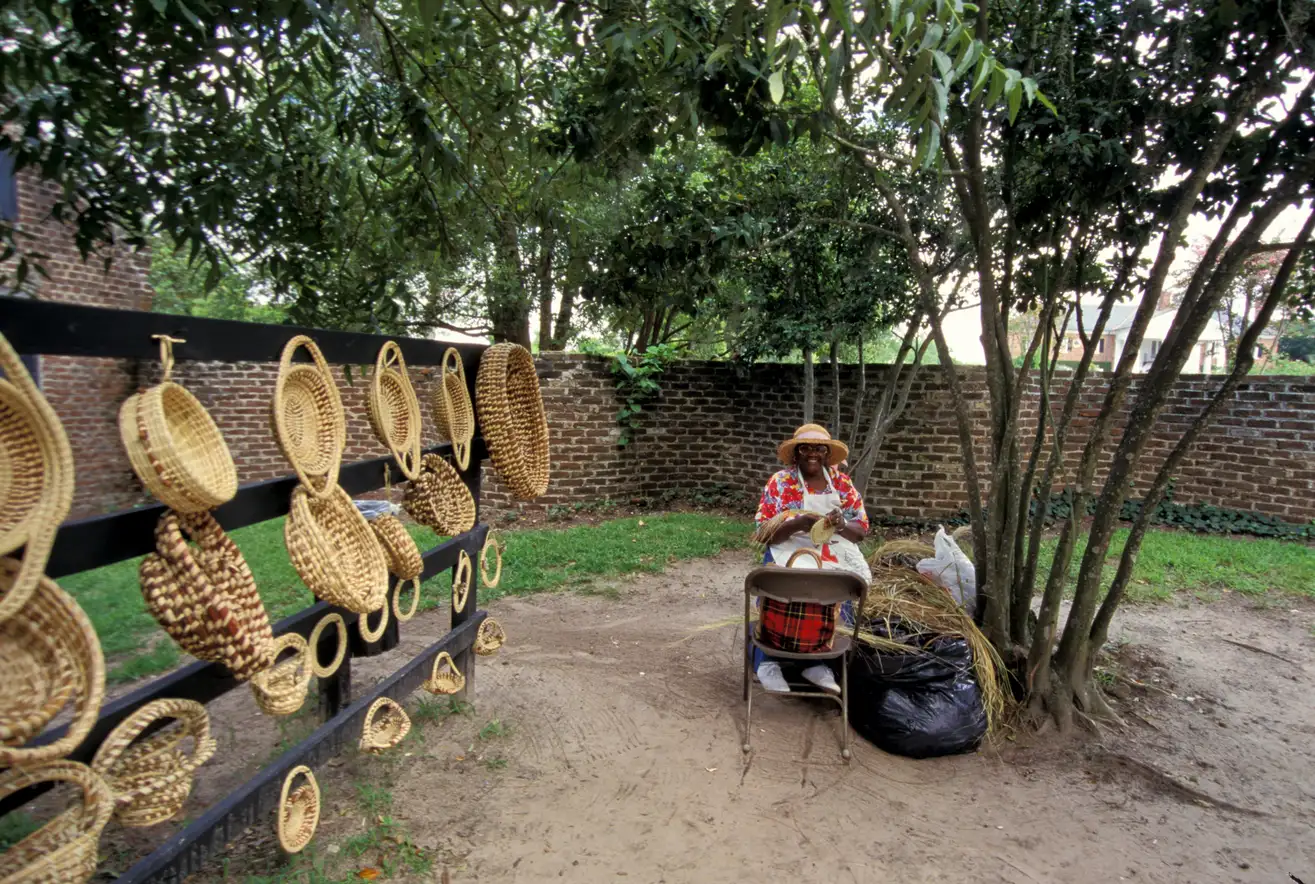By Wayne Washington
I’ll take my reparation payment in the form of Boone Hall Plantation, please.
Boone Hall is a sprawling plantation located in Charleston County, South Carolina. Today, it offers tours so the curious can get a glimpse of what it was like during antebellum days when Black people were enslaved and white people got richer than Midas from their free labor.
The place is so scenic Ryan Reynolds and Blake Lively got married there. Not sure how they didn’t know about the beatings and rapes that likely took place there during slavery, but they’ve since said they’re very, very sorry for using a place of horror as a wedding venue.
I grew up not far from Boone Hall, and it’s likely that ancestors on my father’s side of the family were enslaved there.
I’d like the current owners of the plantation to give it to me. After all, how much would it ever have been worth without the back-breaking labor of my ancestors?
I figured I’d just throw out my pitch for Boone Hall because there are murmurs in the country about trying to find a way to make reparations for that bad slavery thing.
U.S. Rep. Cori Bush of Missouri has legislation that would give $14 trillion to Black Americans to compensate them for the brutal enslavement of their ancestors. Bush and other backers of that legislation want the country to at least discuss reparations – and it’s a discussion I and many other Black Americans would welcome.
But just as awarding Boone Hall to me isn’t quite workable, neither are cash payments to Black Americans to pay for the enslavement of their ancestors.
It’s not that $14 trillion isn’t a lot of money. It is. But it’s only about two-thirds of this country’s annual GDP.
Let’s see…246 years of slavery helped make the United States the most powerful and one of the wealthiest nations on Earth and me and the roughly 40 million other native-born Black Americans split two-thirds of the economic output from a single year.
That does not compute.
Indeed, there is no credible way to compute what would be owed if the country was serious about reparations. (And there is no indication that it is serious.)
How much is a life of enslavement worth in today’s dollars? The calculations can’t simply measure work output based on an eight-hour day. Slaves, we all know, worked ever so slightly longer than that each day.
And then there are the rapes. And the beatings. And the selling of a slave’s children.
How do you calculate centuries of forced illiteracy?
There is a real need for some national acknowledgement of the horrors of slavery and the economic impact it has to this day.
Since 1865, when the end of the Civil War brought emancipation, the economic head start white Americans had over their Black countrymen hasn’t been erased.
Research from the Rand Corporation shows that white Americans hold 10 times more total wealth than Black Americans. I dare say not all of that can be attributed to rap music or wearing your pants too low.
Something structural is at play here, and any solution would likely need to be far more systemic than a check. Think vastly expanded educational opportunities, expanded land and business ownership opportunities – AND a check.
I’m not sure what that reparations system needs to look like, but it needs to be broad and long-lasting.
Meanwhile, while we’re coming up with what could work, I’ll take Boone Hall. Washington Place has a much better ring to it, don’t you think?

